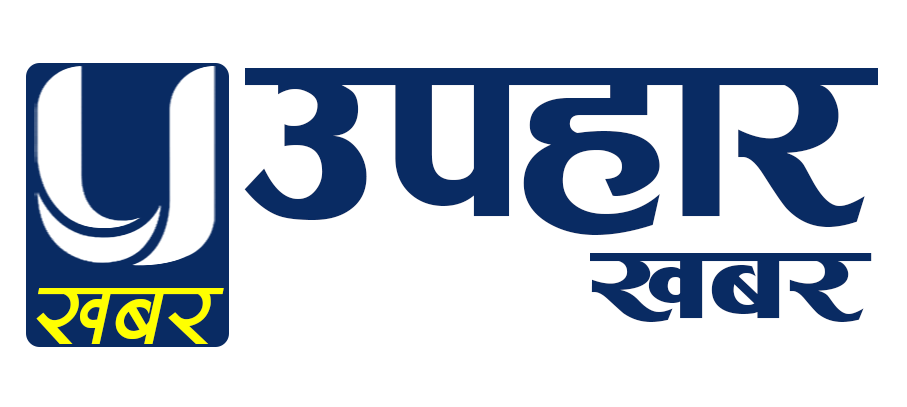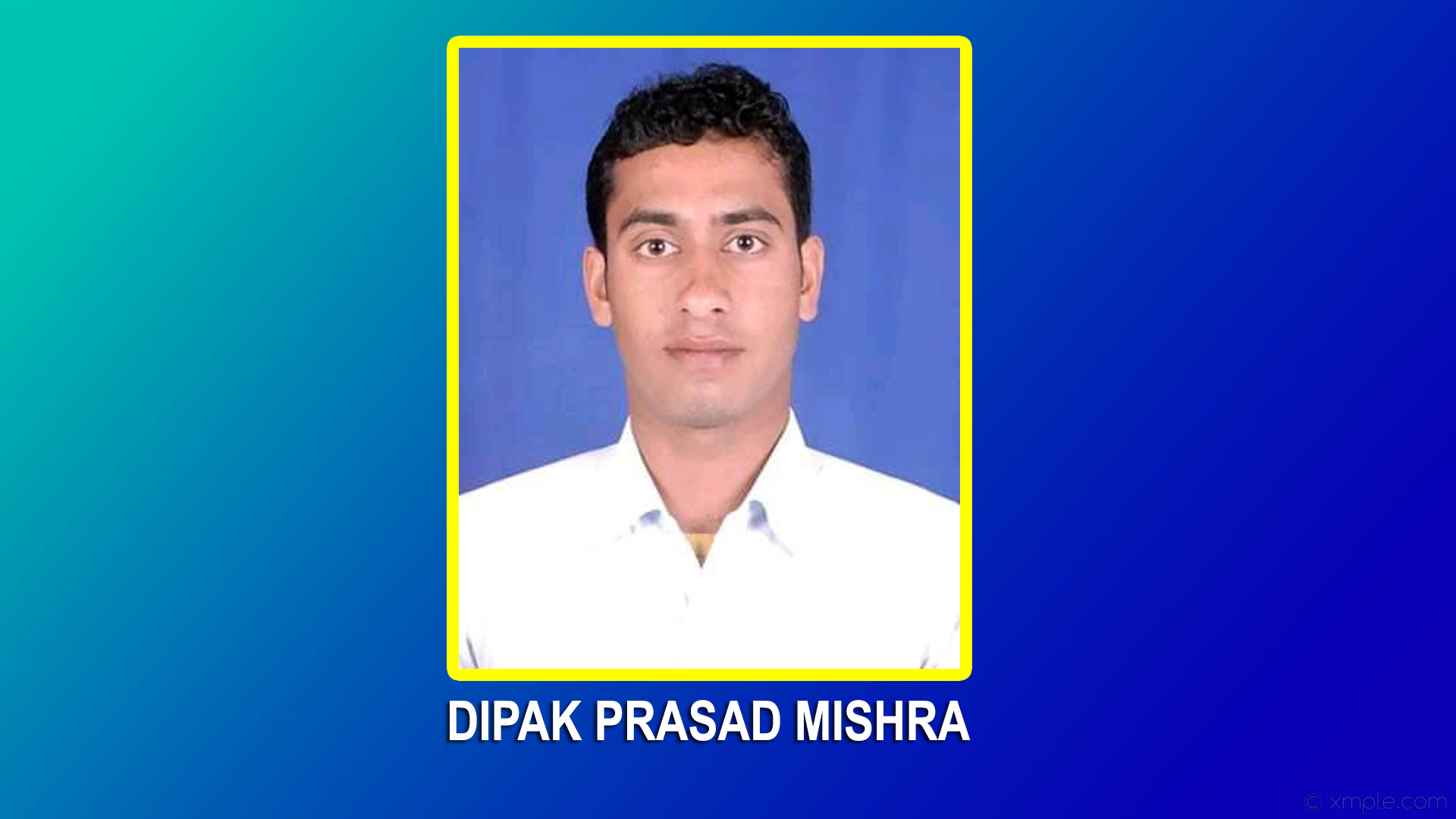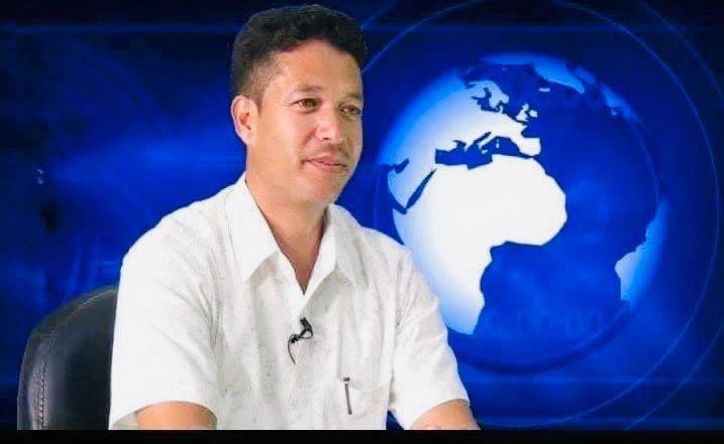DIPAK PRASAD MISHRA
The term ‘discourse’ is derived from Latin word ‘discursus’ which is running to and moving here. Its etymological meaning is that it is subjective and contextual because it cannot be used in vacuum, it is applied in context and then only it gives contextual meaning. In this way, discourse is a mode of organizing knowledge, ideas or experience that is rooted in language and its concrete contexts. This above sentence highlights that discourse cannot be used without organizing ideas and experience to make sensible meaning. It is used in a social structure or a context as a form of written or spoken communication. In this regard, it is the language in social use.
In linguistics, discourse is not only a theoretical field of study with its roots in sociological, linguistic, psychological, anthropological and philosophical research. From this definition, we can say that discourse is used in context and it is characterized by its own set of practical tools. In this regard, it is said that discourse is the study of grammatical and other relationships between sentences. Each and every sentence is connected together in larger units like paragraphs, text, etc. Cohesion and coherence should be maintained to give accurate discourse. The main motto of discourse is to understand the inferential process by which people communicate their meaning. And then, hearer interprets what is said.
In this paper I argue the concept of discourse; it is the study of the functional uses of language in social contexts in which the purpose is to come to understand how the language is used in social environments. It is also the study of whole of communication. It is different from person to person, profession to profession. In addition, Gee, Hull and Lankshar (1996:10) says that discourse is composed of ways of talking, listening, reading, writing, acting valuing and using tools and objects in particular setting to display and recognize a particular social identity. This definition shows that discourse helps to know about social identity of a person. Discourses are associated with member’s practices in the sites of engagement of a community of practice. These all are associated with specific community of practice, they all have their own discourse. Discourse creates, produce and reproduce opportunities for people to be and to recognize certain kinds of people.
In the sense, the notion of Discourse does not only talk about a matter of language or text it also talks about the connection between text and larger realm of experience. It is identified with particular social practices that people engage in. Discourse is the focal point which is related with institutional, organizational and professional group. It highlights activities and practices of work regarding particular talk.
Experiences and Dispositions of Discourse Participants
In this section, I focus on the interconnection between discourses, participants and social practices. These three terms are intertwined each other. All social practices are linked closely to particular social institutions and these terms are discoursed in particular and specific ways. They have same sorts of problems and questions. They try to solve the problems using similar sorts of discourse in particular institution. The allowable practices of these institutions are regularly tied in to what you can or write and what you can’t do. So, in this way, discursive practices and Social as well as institutional practices interact and interconnected each other.
Social practices are like what I am expected to do and how I am expected to behave as a member of institution or workplace. To these terminologies, social theorists call the macro or we can say it is the highest level. In contrast, the realization of these social practices in terms of discourses that is how we are expected to talk to talk, write, make inferences from what others say and write is called micro level. It is also called micro level.
In this regard, Fairclough (1992) , following Foucault refers to as the archive by which he means the totality of discursive practices that falls within the domain of a research project and it might be said that within the domain of an organization or community. Here, discursive life is a lot more heterogeneous than we might think. People use the forms of discourse from various types of activities. These inter discursive terms mingle various discourses that may be speaking, writing. Sometimes, the mode may be changing as if they change the rule of games.
To put it in a nutshell, what I can say is that there are various sorts of competing views on the nature, purposes, allowable and disallowable practices of a particular sector. Doctors have their own ways of communicating but they also have both agreeable and disagreeable talks. They often have quite distinct and even views. Discourses ought to be discerned and negotiated along social practices. We can conclude that discourse as a discipline which tries to explain the relationship between language and socio cultural contexts. It is always contextual and relevant to the society. It is found that discourse can be communicative event involving language in context. Discourse is related with the three functions of language. First one is interpersonal which takes part in social interaction. Second one is textual and it talks about well formed and appropriate text. Final function of discourse is ideational which talks about thought and experience in a coherent way.
Reference
Gee, J. P., Hull, G., & Lankshear, C. (1996). The new work order: Behind the language of the
new capitalism. Boulder, CO: Westview Press.
Fairclough, N. (1992). Discourse and social change. Cambridge: Polity Press.










